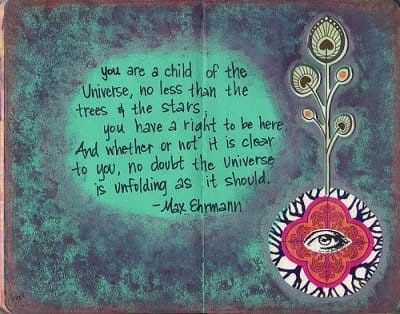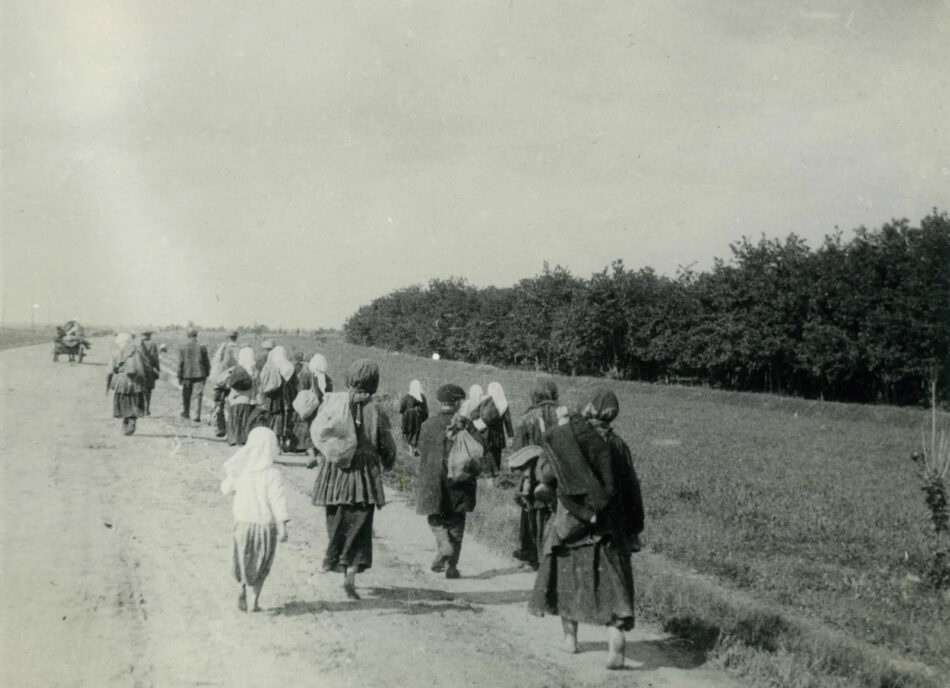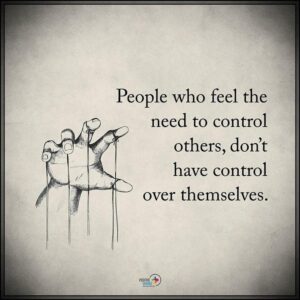

1 Master of the Universe: A Glimpse into Human Suffering and Injustice
On this page, we delve into the complex and often tragic stories that reveal the depths of human suffering under powerful systems of control. Through the lens of history and contemporary injustice, we examine the lives affected by political decisions and systems that perpetuate hardship, suppression, and denial of sovereignty.
The first featured content focuses on the Holodomor, the horrific famine orchestrated by Stalin in the 1930s, which claimed millions of lives in Ukraine. Despite its devastating impact, political divisions continue to shape how this tragedy is remembered and recognized. The recent recognition of the Holodomor as genocide by the Flemish Parliament, and the ongoing debates surrounding this event, highlight the struggle for acknowledgment and justice.
The second topic shifts to a contemporary case, the Post Office scandal, where innocent subpostmasters were wrongly convicted and suffered immense injustice. This video reveals the powerful desire for accountability from a subpostmistress who was falsely convicted and lost everything as a result. Her call for justice underscores the stark realities faced by individuals when corrupt systems fail to protect the innocent.
These examples—one from history, one from the present – reflect the ever-present theme of abuse of power, human suffering, and the relentless pursuit of justice, challenging us to confront the systems that shape our world.
Meester van het Universum: Een Blik op Menselijk Lijden en Onrecht
Op deze pagina duiken we in de complexe en vaak tragische verhalen die de diepten van menselijk lijden onder krachtige controlemechanismen onthullen. Door de lens van geschiedenis en hedendaags onrecht onderzoeken we de levens die getroffen zijn door politieke beslissingen en systemen die ontberingen, onderdrukking en ontkenning van soevereiniteit in stand houden.
De eerste gepresenteerde inhoud richt zich op de Holodomor, de gruwelijke hongersnood die in de jaren 1930 door Stalin werd veroorzaakt en miljoenen levens in Oekraïne eiste. Ondanks de verwoestende impact blijven politieke verdeeldheid en de manier waarop deze tragedie wordt herinnerd en erkend, bepalend. De recente erkenning van de Holodomor als genocide door het Vlaams Parlement en de voortdurende debatten over dit evenement, benadrukken de strijd voor erkenning en gerechtigheid.
Het tweede onderwerp verschuift naar een hedendaagse zaak, het Post Office-schandaal, waarin onschuldige subpostmeesters ten onrechte werden veroordeeld en enorme onrechtvaardigheid leden. Deze video onthult de krachtige roep om verantwoording van een subpostmeester die onterecht werd veroordeeld en alles verloor als gevolg. Haar oproep tot gerechtigheid onderstreept de harde realiteit waarmee individuen worden geconfronteerd wanneer corrupte systemen falen in het beschermen van de onschuldigen.
Deze voorbeelden—de ene uit de geschiedenis, de andere uit het heden—reflecteren het altijd aanwezige thema van machtsmisbruik, menselijk lijden en de niet-aflatende zoektocht naar gerechtigheid, die ons uitdaagt om de systemen waarmee onze wereld wordt gevormd, te confronteren.
2 Human suffering under the yoke of a dictator
5 How Stalin starved Ukraine
25 mrt 2022
It was a genocide that Russia continues to cover up to this day
In Ukraine, it’s become known as “the Holodomor,” meaning “death by starvation.” It was a genocide carried out by a dictator who wanted to keep Ukraine under his control and who would do anything to keep it covered up for decades.
In the 1930s, Soviet leaders under Joseph Stalin engineered a famine that killed millions as they sought to consolidate agricultural power. In Ukraine, they used additional force as they sought to clamp down on a burgeoning Ukrainian national identity. There, at least 4 million died. As hunger spread among residents, Stalin spearheaded a disinformation campaign to hide the truth from other Soviet citizens and the world. So many Ukrainians died that officials had to send people to resettle the area, setting off demographic shifts that last to this day.

Holodomor Great Famine Ukraine hungry peasants 1932-1933 Alexander Wienerberger photographer
Flemish Parliament recognises Holodomor as genocide, without PVDA’s support
16-02-2023 20:58
The Flemish Parliament on Wednesday recognised the Holodomor in the 1930s as genocide. PVDA abstained from the vote.
The Holodomor was the “extermination by famine” in Ukraine, then part of the Soviet Union. It reached its most terrible stage in the winter of 1932-33, when Stalin ruled Moscow. The disaster claimed the lives of an estimated between 3.5 million and 7 million victims, making it one of the greatest tragedies of the 20th century.
It was triggered by the brutal collectivisation of agriculture, which was framed in Stalin’s five-year plan and opposed by Ukraine’s peasants. According to the resolution, the mass famine was a deliberate attempt to silence the rebellious population in these regions and make them obey the central authorities.
The majority parties in the Flemish Parliament now recognise that event as genocide. With the resolution, the initiators also want to reaffirm and underline Ukraine’s sovereignty. “Ukraine has the historical right to a sovereign existence, independent of Russian interference. Ukrainians have the right to determine their own future,” write submitters Sofie Joosen (N-VA), Orry Van de Wauwer (CD&V) and Bart Tommelein (Open VLD).
PVDA abstained, as in a similar vote in the House committee. “The qualification of the Holomodor as genocide under the Genocide Convention is debatable, it sounded to the experts in the hearing in the Flemish Parliament,” party leader Jos D’Haese brings up. “The Chamber asked four international experts for advice, none of them advocating recognition as genocide. So with this resolution they want to politically decide a historical discussion. We refrain from that.”
Vlaams Parlement erkent Holodomor als genocide, zonder steun van PVDA
16-02-2023 20:58
Het Vlaams Parlement heeft woensdag de Holodomor in de jaren dertig van vorige eeuw erkend als genocide. PVDA onthield zich bij de stemming.
De Holodomor was de “uitroeiing door hongersnood” in Oekraïne, dat toen nog deel uitmaakte van de Sovjet-Unie. Hij bereikte zijn verschrikkelijkste fase in de winter van 1932-33, toen Stalin de plak zwaaide in Moskou. De ramp kostte het leven aan naar schatting tussen 3,5 miljoen en 7 miljoen slachtoffers, en is daarmee een van de grootste tragedies van de twintigste eeuw.
Aanleiding was de brutale collectivisatie van de landbouw, die kaderde in Stalins vijfjarenplan en waartegen de boeren in Oekraïne zich verzetten. Volgens de resolutie was de massale hongersnood een doelbewuste poging om de opstandige bevolking in deze regio’s de mond te snoeren en hen te laten gehoorzamen aan de centrale autoriteiten.
De meerderheidspartijen van het Vlaams Parlement erkennen die gebeurtenis nu als genocide. Met de resolutie willen de initiatiefnemers ook de soevereiniteit van Oekraïne nogmaals bevestigen en onderstrepen. “Oekraïne heeft het historische recht op een soeverein bestaan, los van Russische inmenging. Oekraïners hebben het recht hun eigen toekomst te bepalen”, schrijven indieners Sofie Joosen (N-VA), Orry Van de Wauwer (CD&V) en Bart Tommelein (Open VLD).
PVDA onthield zich, net als bij een gelijkaardige stemming in de Kamercommissie. “De kwalificatie van de Holomodor als genocide onder het Genocideverdrag is betwistbaar, klonk het bij de experten in de hoorzitting in het Vlaams parlement”, brengt fractieleider Jos D’Haese aan. “De Kamer heeft vier internationale experten advies gevraagd, geen enkele daarvan pleit voor een erkenning als genocide. Met deze resolutie wil men dus een historische discussie politiek beslissen. Daar onthouden wij ons van.”
One must face truth
- In the above video ‘How Stalin starved Ukraine’, you can see how extreme the behaviour can be towards his fellow man.
Post Office scandal: Subpostmistress falsely convicted wants ‘someone to be accountable’


The secret lives of Ghislaine Maxwell and billionaire paedophile Jeffrey Epstein – BBC News
21 dec. 2021
Beautiful Girl Takes Advantage Of Kissing Booth – Just For Laughs Gags
16 mei 2011